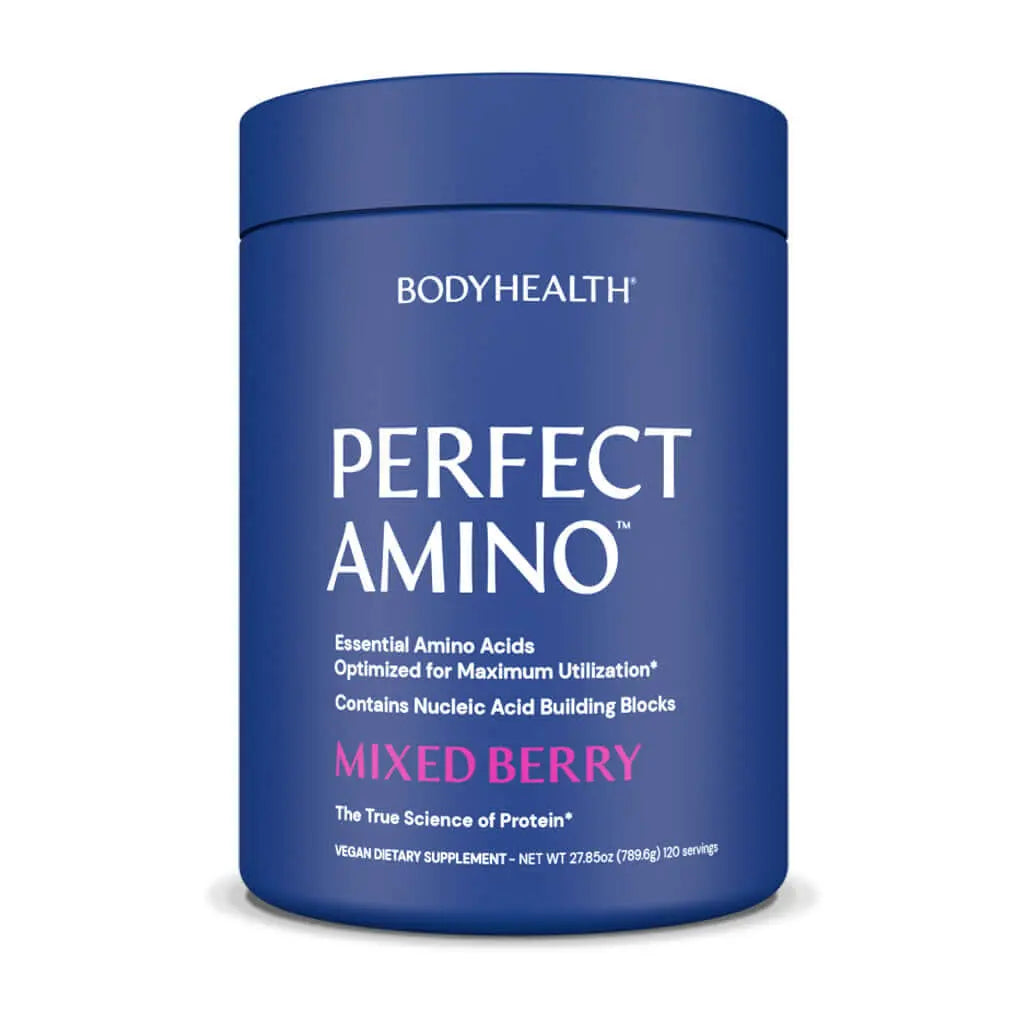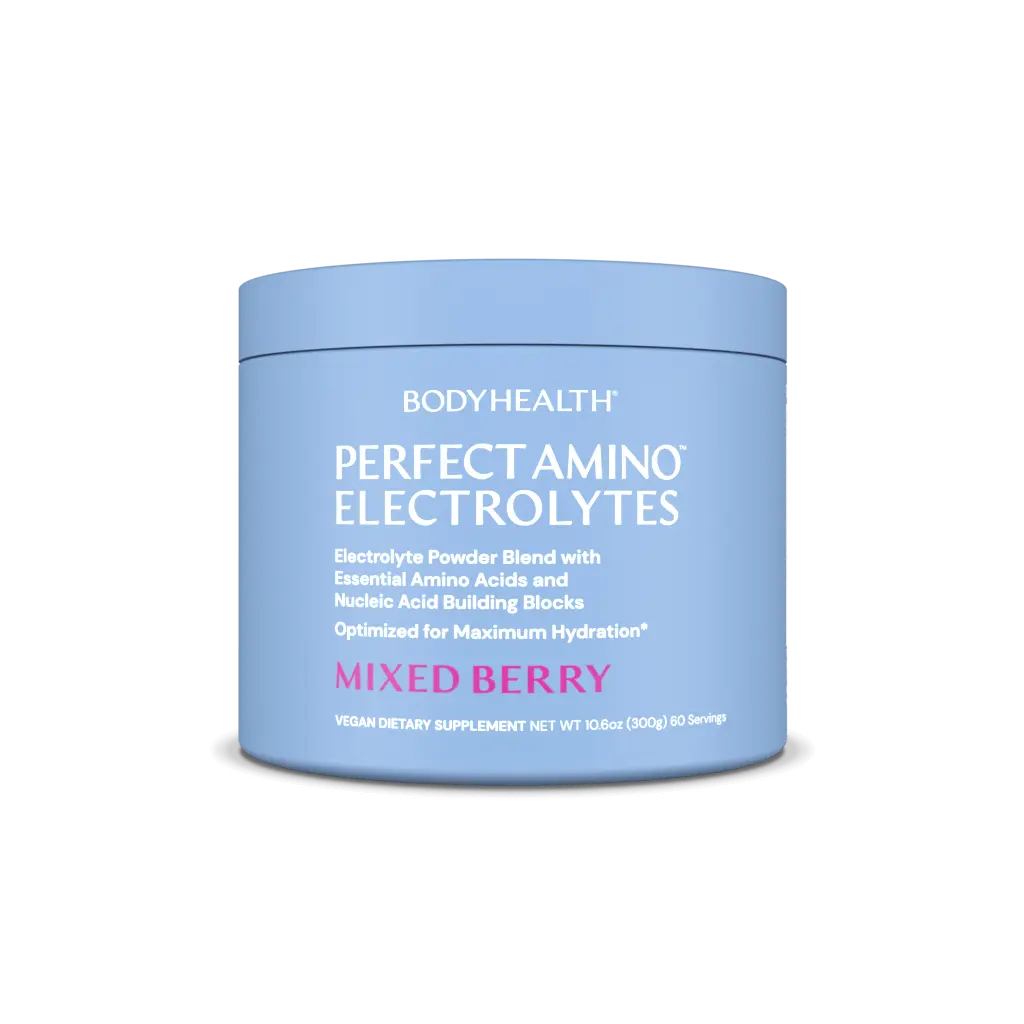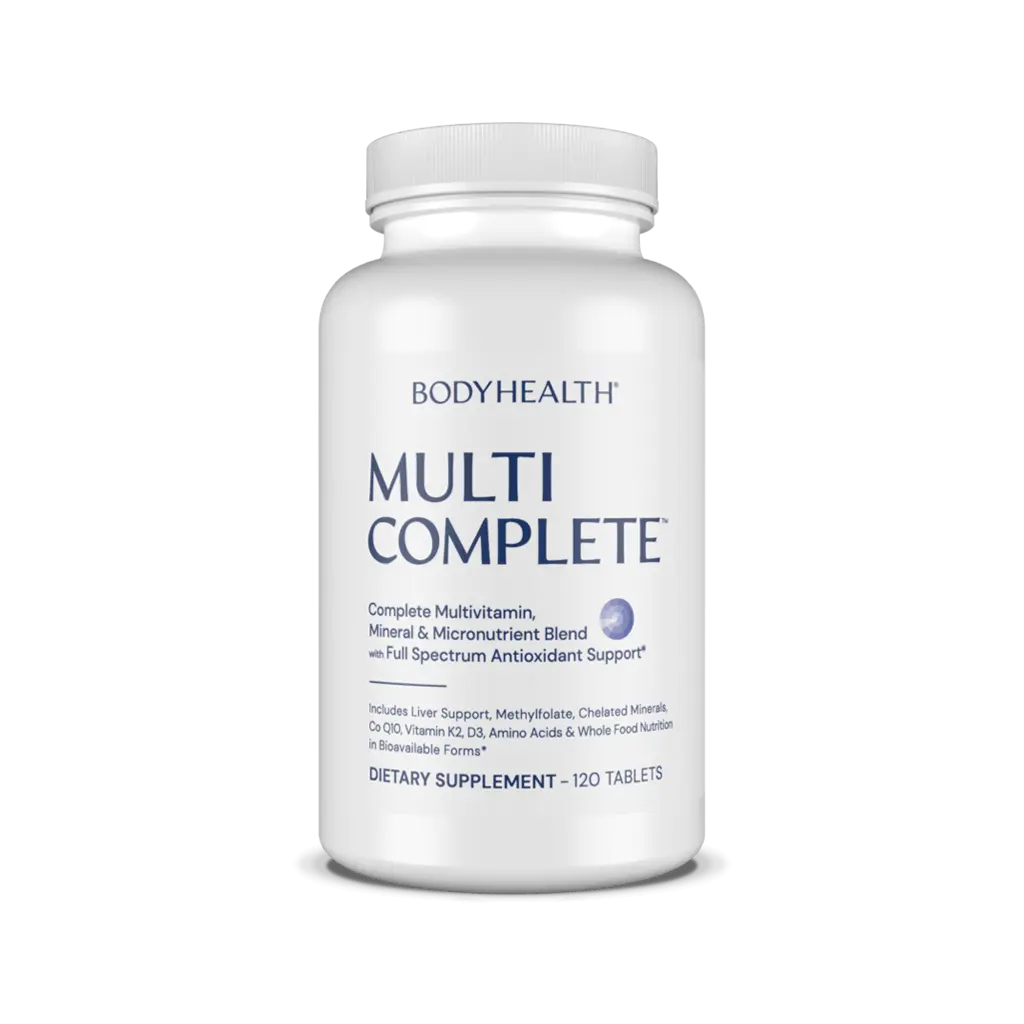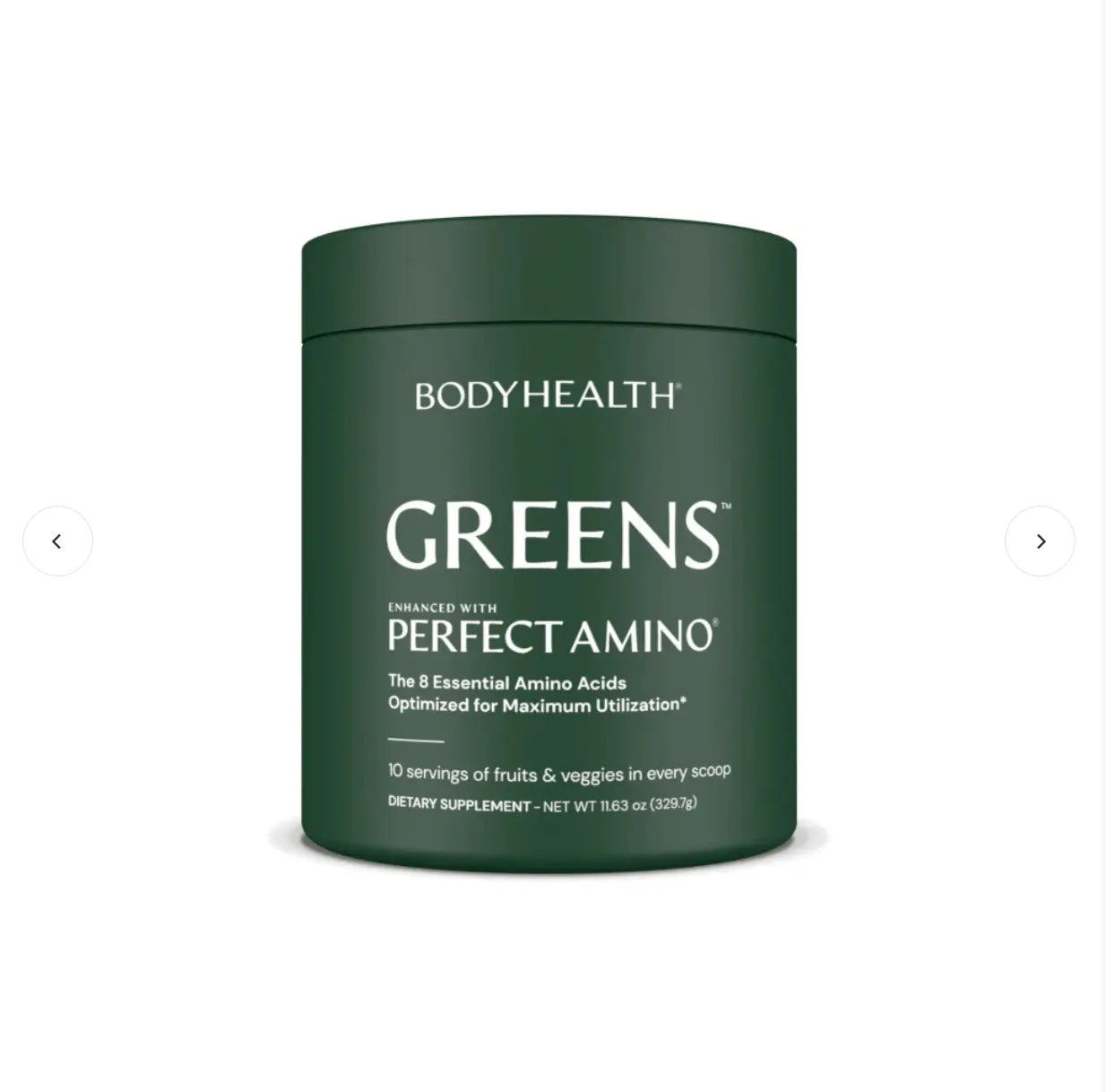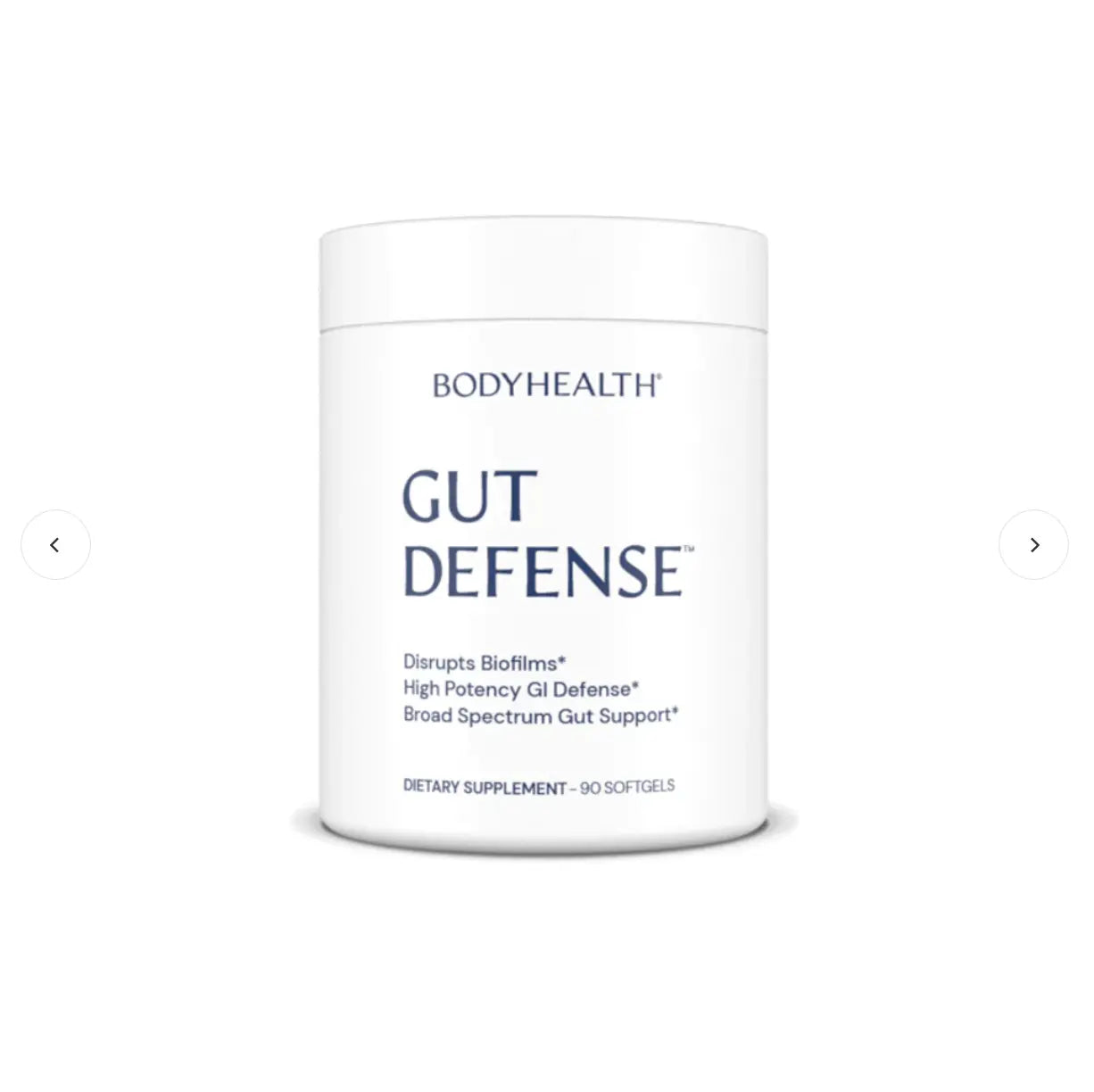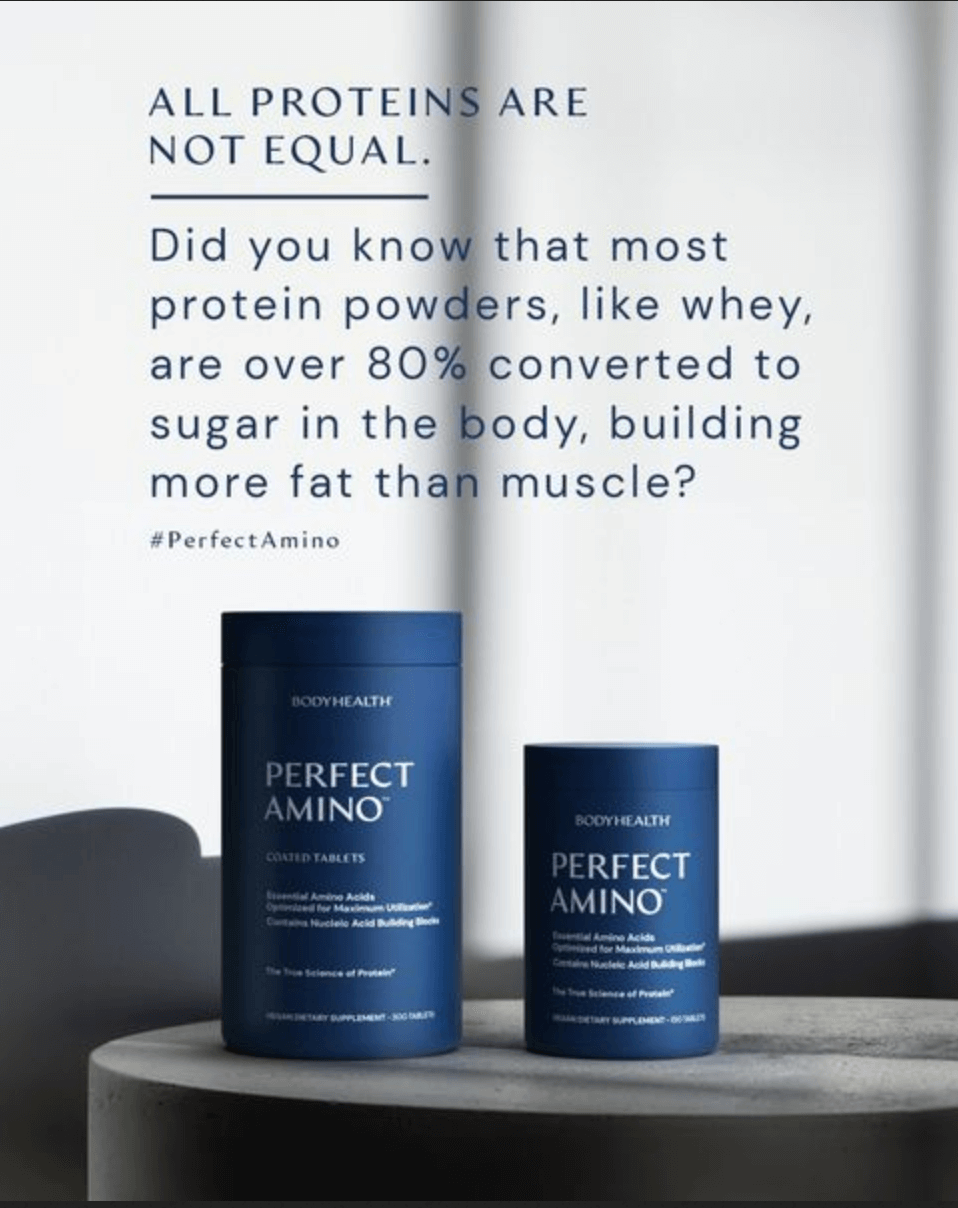
HAVE YOU BEEN DOING PROTEIN WRONG?
BodyHealth’s flagship product, PerfectAmino, is revolutionizing protein synthesis. It is utilized up to 99% to help build new protein, muscle & collagen, without the caloric impact and without breaking a fast.
It is further supplemented with Nucleic Acid building blocks to help direct the process of Protein Synthesis itself.*
Bodyhealth Products offers a curated collection of premium health solutions to enhance your well-being and vitality.
Hydrate with H2 Tab
SHOP NOW
We are proud to be the offical hydrogen tablet of the Ultimate Human, a global media platform that focuses on bringing people closer to their optimal wellness goals.
2000+
CLINICAL STUDIES
on the benefits of molecular hydrogen.
25+
CLINICAL STUDIES
on our exact tablet formulations.
1500+
Five-Star Reviews
from customers who’ve felt the difference.
40+
BENEFITS
for nearly every system in your body.*




















